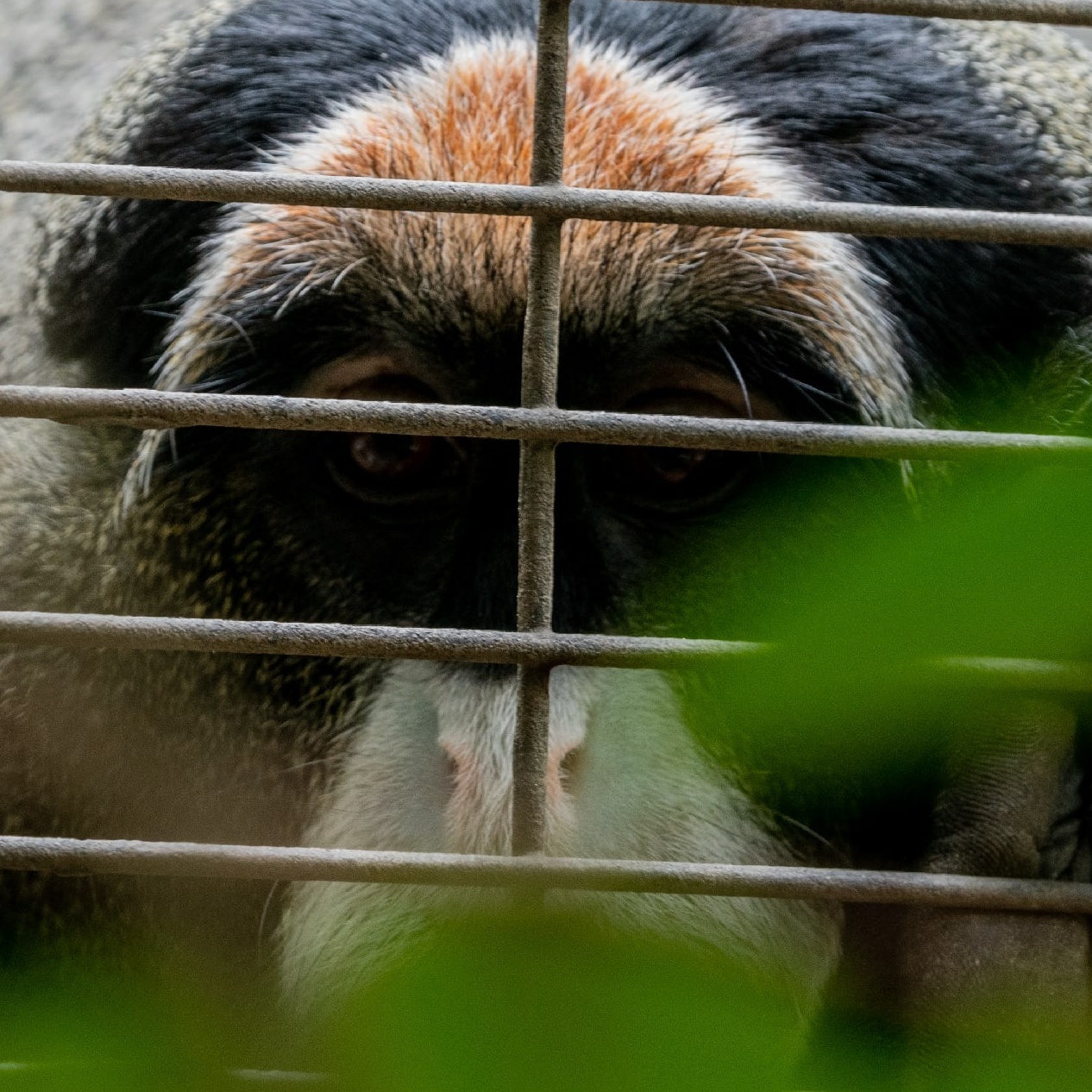Tolkien: and then the Good King came and cast out the Evil Stewards who were corrupt because they ruled without the correct bloodline. Everything was peaceful after that and there was no more evil. There are two women in this story. Monarchy is good. The actual singular God who created everything wants you to be ruled by a 300 year old nobleman. The End.
GRRM: Feudalism is inherently destructive. Even the Noble Good Guys cause unimaginable suffering due to the structures of the system they operate within. Women are no more than brood mares under Feudalism. There is a Good King whose father was deposed. This Good King has spent his life living amongst the common people in order to become a good ruler. He is being manipulated by cynical actors and will bring devastation to the world when he begins his conquest. Thirty years ago the Hero of Prophecy acted to save the world from the Great Evil. He unleashed devastation on the land, died, and destroyed his own dynasty, possibly dooming the world. There are no gods, only powerful forces beyond our understanding that operate through the power of blood. Once upon a time there was a Good King who ruled justly. He brought peace to the land and improved the common folks' lot tremendously. Due the nature of Feudalism, the succession crisis that succeeded his reign led to the most bloodshed in 300 years. No one who wants war understands its cost.
People who dislike things because they're popular: Wow these are exactly the same!


deleted by creator
Dune may not be leftist but the campbellians still have ambitions toward scientific history so Herbert made a lot of effort in that front.
There is even a revew of dune in lecture format by Peter Turchin. If you whant to know what someone who studies historical dynamics thinks of it.
deleted by creator
Yhea. Campbellians are definetly not leftist.
I do find more in comon with them than with libs. For some reason.
deleted by creator
Interesting i was not aware. So the spice is the equivalent of that but for space travel. That is an interesting ecological concept. I wonder wat conditions lead to such an arrangment. Would mangroves be a similar type of plant?
deleted by creator